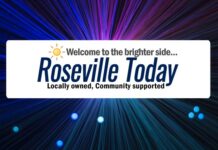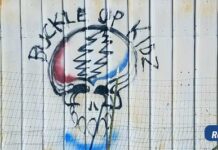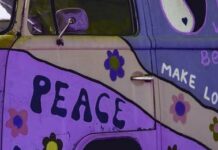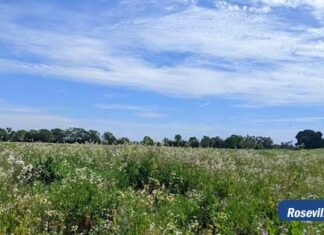Sacramento, Calif.- Using the revolutionary new approach to kidney transplants known as paired exchange, four patients have received live-donor kidney transplants through the UC Davis Kidney Transplant Program. When a live donor is unable to donate to an intended recipient due to blood or tissue type incompatibility, they have an option called paired kidney exchange. Paired exchange matches incompatible donor-recipient pairs with other pairs, and they ‘exchange’ donors.
The four transplants took place on Feb. 22-23 at UC Davis Medical Center. Plans are under way for the transplant participants to meet later this month. The chain of four donations was set in motion by the altruistic donation of a kidney by an anonymous donor.
‘Paired exchange has really changed the way kidney transplants work,’ said Richard V. Perez, professor of surgery and director of the transplant program. ‘So many people need kidney transplants, but the pool of potential donors does not meet the need. Paired exchange has expanded the donor pool significantly and, in turn, is making many more transplants possible.’
When the altruistic donor came forward, the transplant team at UC Davis Medical Center quickly realized that the donor’s generosity could result in not one transplant candidate receiving a new organ, but four. The donation made by the last pair’s donor was given to the next recipient on the United Network for Organ Sharing (UNOS) list. The transplant program required that all parties remain unknown to one another until after the surgeries were completed. Some of the participants have agreed to meet each other later this month at UC Davis Medical Center.
‘I wanted to help my brother and when I found out I could do that even though we weren’t a match I didn’t give it a second thought,’ said Alan Klein, one of the four transplant donors. ‘The satisfaction of being involved in the paired exchange that allowed three other people to receive a transplant is the most wonderful thing. The benefit to their lives far outweighed any discomfort or temporary disruption that I experienced.’
The eight surgeries occurred over a 36-hour period and the process of coordinating this exchange involved more than 30 health-care professionals — surgeons, nephrologists, nurses and a strong network of administrative support staff.
All four recipient-donor pairs were part of the UC Davis Kidney Transplant registry. For those unable to find a match pair locally, the Transplant Center partners with the Alliance for Paired Donation, one of the first organizations to use the paired donation methodology, and the National Kidney Registry, a program renowned for its success in matching transplant recipients to living donors.
In 2008, more than 80,000 people needed kidney transplants, but only about 16,000 of those individuals actually received one. UC Davis surgeons, who have been meeting the needs of transplant patients throughout Northern California and Northern Nevada since 1985, performed 142 transplants during the 2008-2009 fiscal year. Nearly half of those transplants were from live donors. UC Davis has been a regional leader in the field of minimally invasive kidney recovery for living donation and was among the first programs on the West Coast to introduce this procedure in 1997.
UC Davis Health System is an academic health center that includes a top-ranked school of medicine, a 613-bed acute care hospital, the Betty Irene Moore School of Nursing and an 800-member physician practice group. The UC Davis Kidney Transplant Program is among the best in the nation and recently received the Kidney Transplant Excellence Award from HealthGrades, a leading, independent health-care ratings organization. Only 10 kidney transplant programs in the country received the HealthGrades award. Less than five percent of America’s 5,800 hospitals perform organ transplants, considered one of the most complex and challenges areas of modern medicine.
(21+ years strong)
Welcome to the brighter side!
Get in front of local customers! 24/7 (365)























